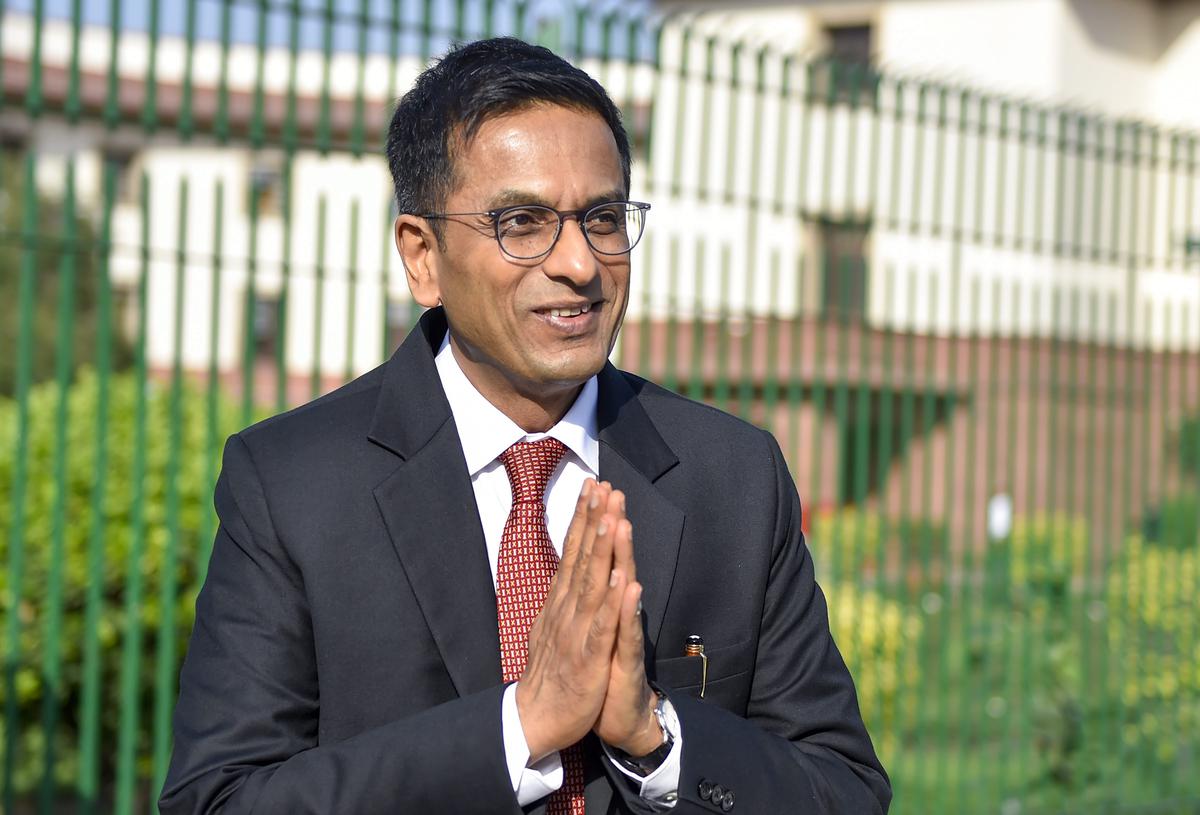
Profile | Justice Chandrachud whose dissents are as powerful as his judgments
The Hindu
Chandrachud had held that the Chief Justice and the judges of the court were constitutional offices and not a hierarchy.
Justice D.Y. Chandrachud, who sees dissent as the "safety valve of democracy", is known for his profound judgments and dissenting opinions which prick the conscience of the powerful and challenge the regressive while displaying ability, conscientiousness and a high sense of justice.
His minority views on the Bench of the court are as incisive as his concurring opinions. Both examine and question settled beliefs and opinions in society, politics and religion. They demand a fresh outlook and trigger the hope of reform.
"Deprivation of liberty even for a single day is one day too many," he wrote about the plight of the burgeoning population of undertrials languishing in jails across the country.
Justice Chandrachud's judgment recognising privacy as a fundamental right became a game-changer which led to the decriminalisation of Section 377 of the Indian Penal Code (consensual adult homosexual relationships). Terming Section 377 as "Macaulay's legacy", Justice Chandrachud wrote that the provision "poses a grave danger to the unhindered fulfillment of one's sexual orientation as an element of privacy and dignity". His words "it is difficult to right a wrong by history. But we can set the course for the future" suggest more to come.
The historic dissent of the Aadhaar policy, which said the scheme reduced a person to a 12-digit number, overshadowed the main judgment.
His was the sole dissenting opinion upholding the rights of five activists arrested in the Bhima Koregaon case. He reminded the judiciary that dissent cannot be sacrificed at the altar of conjectures.
"Dissent is a symbol of a vibrant democracy. Voices in opposition cannot be muzzled by persecuting those who take up unpopular causes," Justice Chandrachud wrote in his minority opinion.





















 Run 3 Space | Play Space Running Game
Run 3 Space | Play Space Running Game Traffic Jam 3D | Online Racing Game
Traffic Jam 3D | Online Racing Game Duck Hunt | Play Old Classic Game
Duck Hunt | Play Old Classic Game











